#so as long as I’m here
Explore tagged Tumblr posts
Note
I’m sending this anonymously but this is NOT anon hate
You are such a good person, i think. Your latest post(as of 4:10pm Arizona, US time) spoke to me really hard. My father is a cop, in the united states, arizona, duh. And he used to be such a good person, he was a security guard and a damn good one too, and later in he became a prison guard because it paid better, and then he joined the police force.
I’d like to think that hes one of the good ones, and for the most part he is. A lot of my delinquent friends over the years who’ve had run-ins with him say that he gets them breaks, he takes care of them, hes a good cop. I’ve even seen body camera footage of him in the field and i’m proud to say that hes my dad. He calls out bad actors where he sees them, and he gets punished for it. He doesnt see the system or how his punishments are by design. And he continues turning in his cog, begrudgingly, and slightly out of time, but he thinks hes making a difference
Sorry for the ramble and essay, i just wanted to say that i really like your blog and i think you are a very nice human being. Thank you for sharing your perspective.
P.s. i’m totally basing an oc off of your outlook on security. You strike me as more of a superhero than a security guard.
-🦕 anon
Oh, that’s a super flattering take and a valuable perspective- so thank you! But I’m a gullible dumbass, and not even an incredibly smart or fit one- I just want people to be happy and safe. That’s all. And I don’t want to BE a cop, I’ve NEVER wanted to be a cop, but every time the request comes around I feel like I’m wearing down.
I keep wondering if I could help MORE in a position like that.
Probably like your dad did.
Here, people know they’re safe with me because I shut down the gunhappy jerks, but I don’t know how long it would take to truly make a difference in public security, or how many of my morals I’d have to compromise to get to that point
I feel objectively like a system so archaic and flawed can’t be changed from the inside, but another part of me says that you don’t need to change an entire system to make a difference where it counts
I believe that so many bad situations and life-changing moments can be diverted or changed by a single person in the right place at the right time- and I figure, if I trust myself to do the right thing and BE the right person, shouldn’t I do my best to put myself in those places?
But good intentions, roads to hell, you know? I don’t WANT to be a cop. But I want to be able to DO SOMETHING about the thinks I dislike seeing in conflicts. SOMEONE has to be willing to do that, right?
I’m not religious, you know? But the devil can be very convincing
#I don’t trust cops#I’ve met bad cops#but a lot of bad things have been done by people in systems of power willing to go against orders#And boy howdy am I good at going against orders#And I like people#I genuinely like people#The hero thing is very kind of you#But mostly I just like feeling like I can make things better#We all need to believe that we can make things better#idk#I’ve met shit cops#But ive also met shit guards#And here I am as a guard#stealing their place#so as long as I’m here#they can’t be#I outrank the bastards now#So they have no power#Is that a healthy five year plan#or do I need to talk to my therapist some more#Fuck my life I’m tired#Do you think your dad was a good person anon?#Do you think he made the world better?#Teablart#tagging for later
254 notes
·
View notes
Text
changes and trends in horror-genre films are linked to the anxieties of the culture in its time and place. Vampires are the manifestation of grappling with sexuality; aliens, of foreign influence. Horror from the Cold War is about apathy and annihilation; classic Japanese horror is characterised by “nature’s revenge”; psychological horror plays with anxieties that absorbed its audience, like pregnancy/abortion, mental illness, femininity. Some horror presses on the bruise of being trapped in a situation with upsetting tasks to complete, especially ones that compromise you as a person - reflecting the horrors and anxieties of capitalism etc etc etc. Cosmic horror is slightly out of fashion because our culture is more comfortable with, even wistful for, “the unknown.” Monster horror now has to be aware of itself, as a contingent of people now live in the freedom and comfort of saying “I would willingly, gladly, even preferentially fuck that monster.” But I don’t know much about films or genres: that ground has been covered by cleverer people.
I don’t actually like horror or movies. What interests me at the moment is how horror of the 2020s has an element of perception and paying attention.
Multiple movies in one year discussed monsters that killed you if you perceived them. There are monsters you can’t look at; monsters that kill you instantly if you get their attention. Monsters where you have to be silent, look down, hold still: pray that they pass over you. M Zombies have changed from a hand-waved virus that covers extras in splashy gore, to insidious spores. A disaster film is called Don’t Look Up, a horror film is called Nope. Even trashy nun horror sets up strange premises of keeping your eyes fixed on something as the devil GETS you.
No idea if this is anything. (I haven’t seen any of these things because, unfortunately, I hate them.) Someone who understands better than me could say something clever here, and I hope they do.
But the thing I’m thinking about is what this will look like to the future, as the Victorian sex vampires and Cold War anxieties look to us. I think they’ll have a little sympathy, but they probably won’t. You poor little prey animals, the kids will say, you were awfully afraid of facing up to things, weren’t you?
#this is the sort of observation I make here that people#go off and write their thesis about#so while I’m not expecting to be the first or cleverest person to say this#if you do use it as a springboard#tell me if you get a good grade ok?#I’ll be tremendously proud of you#like if you take a shitpost and use it to craft deep attentive thought on something important#I just think that’s probably the most noble use of a human brain#it makes me want to take off my hat and slam it to the ground in inexpressible emotion#it’s a cowboy hat btw#and I say something like GOLDURN IT THAT KID SURE HAS DELIVERED.#ok so don’t deny me this#especially if you correct me after a long research journey#GOLDURN IT THE KID IS RIGHT!
34K notes
·
View notes
Text

Alucard [2021]
#castlevania#castlevania fanart#alucard#castlevania alucard#castlevania nocturne#castlevania nocturne fanart#castlevania netflix#sotn#castlevania sotn#daeyumi art#i drew this back in 2021 for the og castlevania netflix s4 release#and tbh i think it was my best piece for a really long time after- i’m still proud of it today#like u know that feeling where none of ur other work at the time was up to a particular level#but u drew or created smthn so far beyond ur skill level at the time that even years later ur like. ‘how did i draw that then’#this is that piece for me#anyways i can’t believe i never posted it here#i guess just bc it’s so old at this point#anyways happy castlevania nocturne s2 release i’ve rly been enjoying the season so far
3K notes
·
View notes
Text
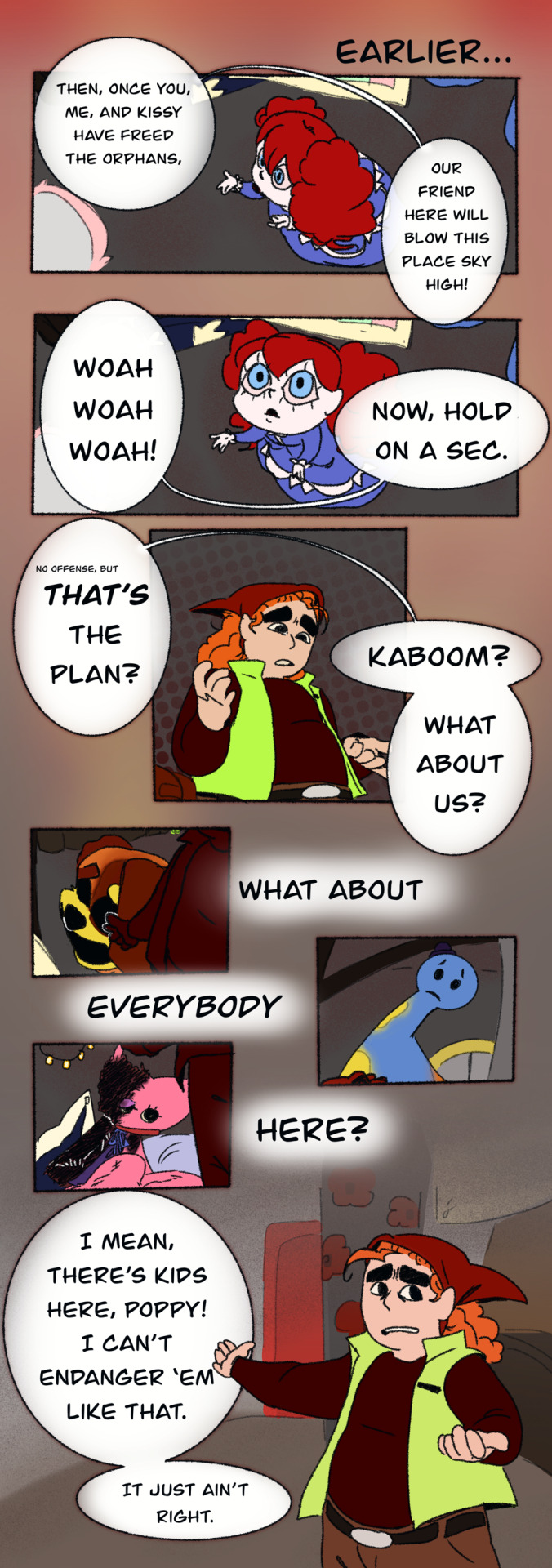
The Plan
Prev || Next
#phrart#art#poppy playtime#poppy playtime chapter 4#poppy playtime chapter 4 spoilers#doey the doughman#kissy missy#Dogday#poppy playtime Drew#I’m doing comics again!!! yippee!!!!#I’m trying not to overdo it#but I am very happy to be drawing consistently again :DDD#college is a lot of work so bear with your boy 👍👍#Laos yeah no way I’d agree with Popy here#you wanna blow this place up? with everyone in it? jsut to kill one guy?#nah nooope nope I’m with doey on this one boss#Daddy Long Legs is in the ceiling somewhere#crimson embers au#poppy playtime crimson embers
1K notes
·
View notes
Text
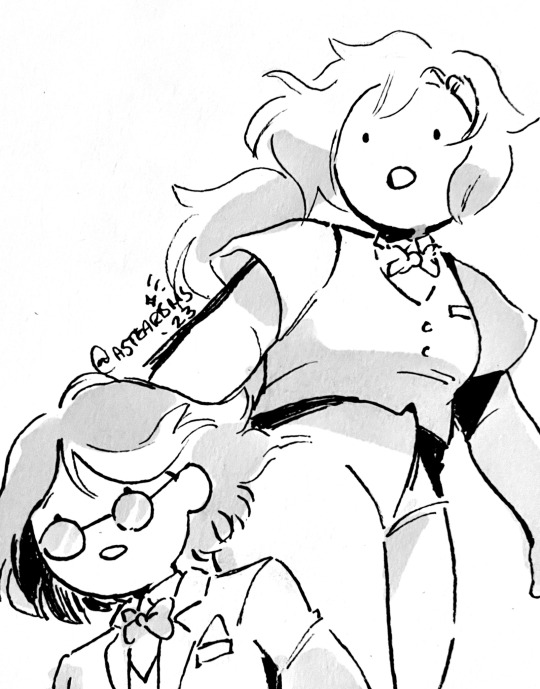
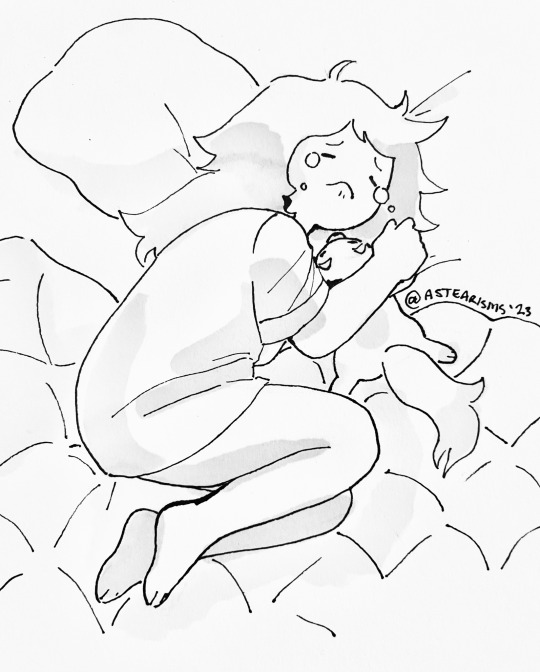
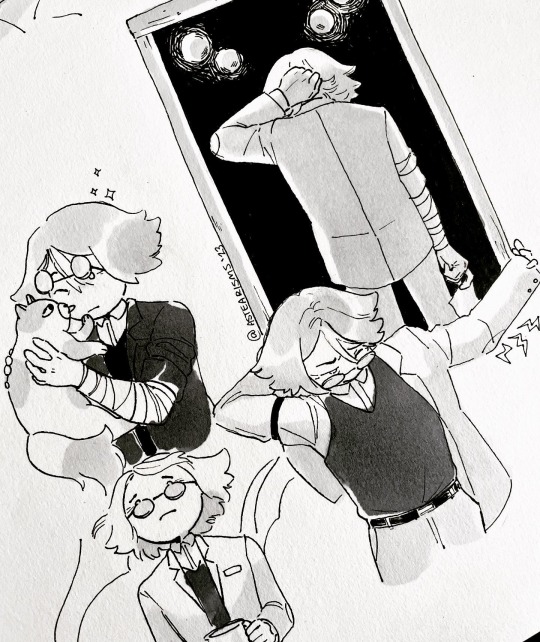
fionna and cake drawings before and after watching the episodes so far. it’s nostalgic and somehow cathartic and poignant and relatable and—it just started
#i’m part of the demographic where i was a kid when adventure time started and now watching fionna and cake as an adult makes me emotional#because did they keep us in mind when writing fionna and her attitude towards life#the dissatisfaction#the hoping for something more#something more magical than this dreary life filled with working to live and living to work#it’s so reflective of how life feels for me and perhaps many of us#and also Simon’s episode was so sad but so well thought out#exploring his feelings after the events of the adventure time finale is something I’m glad we get to see#there were already so many layers to his character in AT but now it feels like we get to dive deeper#I also felt emotional hearing Rebecca Sugar singing and writing a song that encapsulates his feelings so well#😭 it’s been awhile seeing her work exist alongside these characters#and all of these emotions get stronger because I remember AT being the one to inspire me to be a storyboard artist#when I was younger I used to follow many of the board artists here in tumblr and would get so inspired by them#to create simple but powerful boards that can capture the feelings of characters so well#Rebecca Sugar’s songs for the AT characters inspired me so much too#I’m sorry this is long I’m just feeling so many things experiencing all of this again as an adult#my art#fanart#adventure time#fionna and cake#fionna the human#cake the cat#simon petrikov
10K notes
·
View notes
Text


Did a little meme redraw thing. Og under the cut

#ultrakill#my art#gabriel ultrakill#v1 ultrakill#I thought it would be funny to take a meme thing into a more serious setting#yea it’s like a hypothetical 9-2 here#have not drawn in a very long time so I’m happy that I’m happy with how this came out :) good to be happy with your work even if it’s silly#gabv1el
3K notes
·
View notes
Note
endless abyss travel guide sy collective surrounding binghe like this
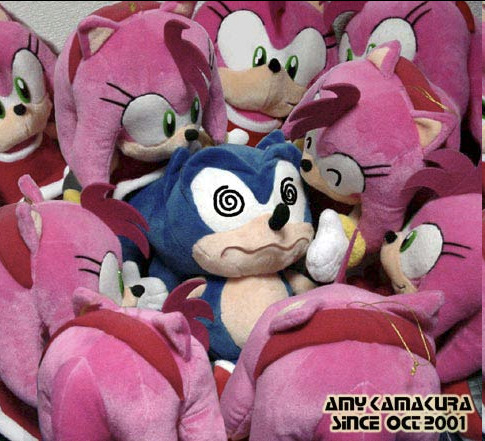
YOU ARE SO CORRECT
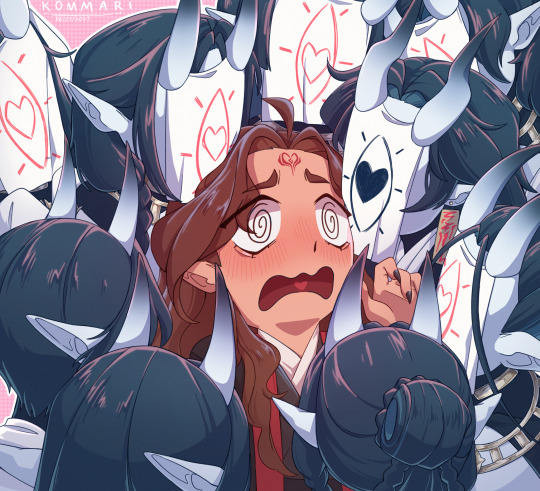
#sorry for Tumblr user ancientnapdragon for taking so long to answer#college is kicking my ass and I’m so tired#but it’s here!! I did it!!! I really like it!!!!#komm's endless abyss travel guide#komm’s endless abyss travel guide#svsss#shen yuan#shen qingqiu#luo binghe#bingqiu#bingyuan
825 notes
·
View notes
Text

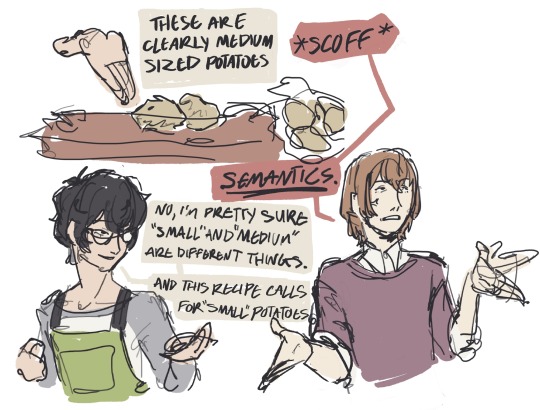

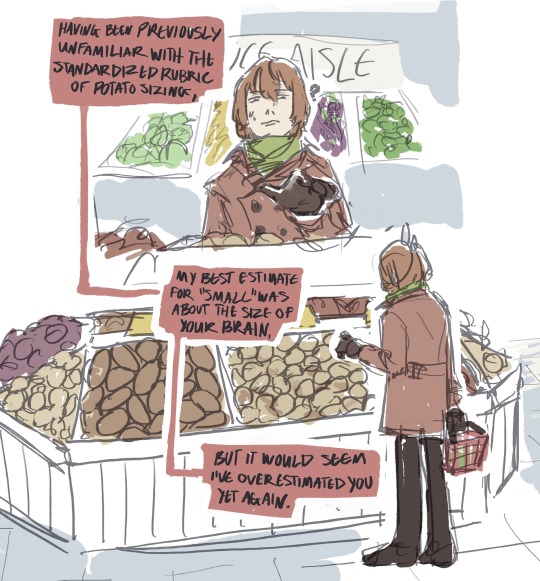
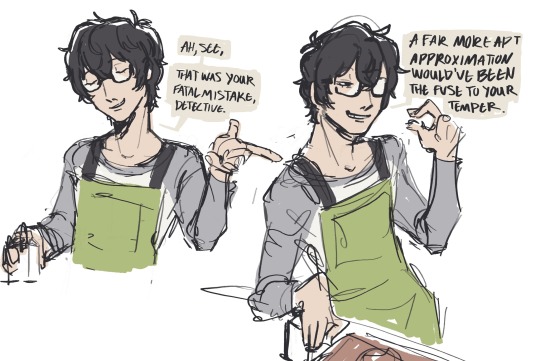
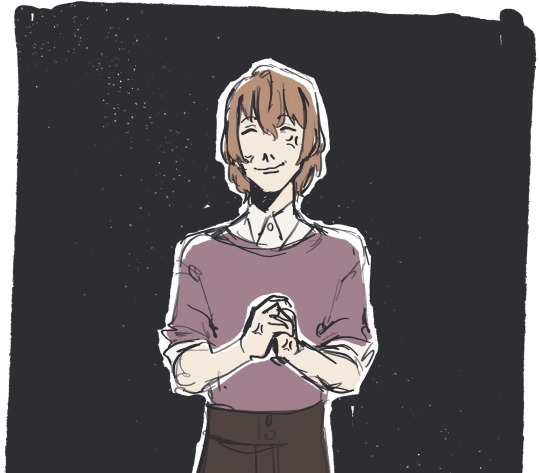
potatoes of indeterminate size
#goro akechi#ren amamiya#akira kurusu#p5r#shuake#doodles#my comics#AFTER THREE YEARS IM FINALLY REALIZING MY VISION!!!!#I FINALLY MADE THE LITERAL SMALL POTATOES COMIC!!!#i’m five days too early for 2/2 and this is only half of the whole idea#but if i don’t post it now it will languish forever forgotten in my files#so. here it is#lol maybe next year i’ll polish it up into the thing i’ve always imagined#but i’m still supremely happy i’ve gotten it out of my head like this#long post#akechi bewildered in the produce aisle is the best thing i’ve ever drawn i think#persona 5#p5#my art
3K notes
·
View notes
Text
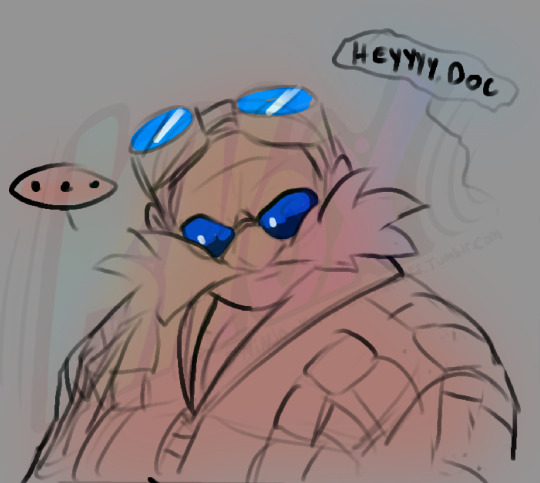
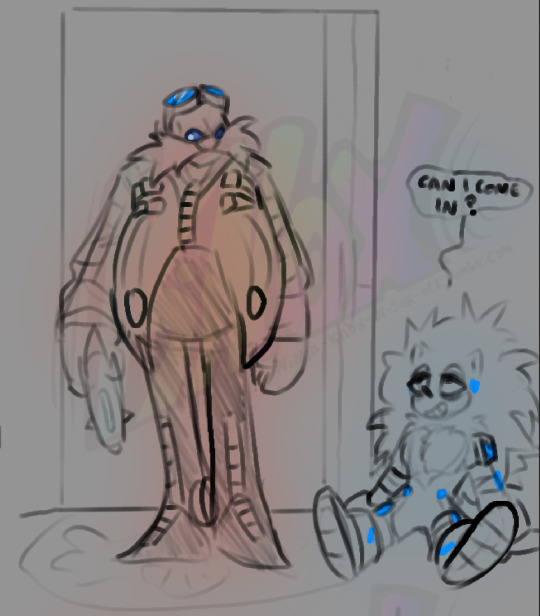
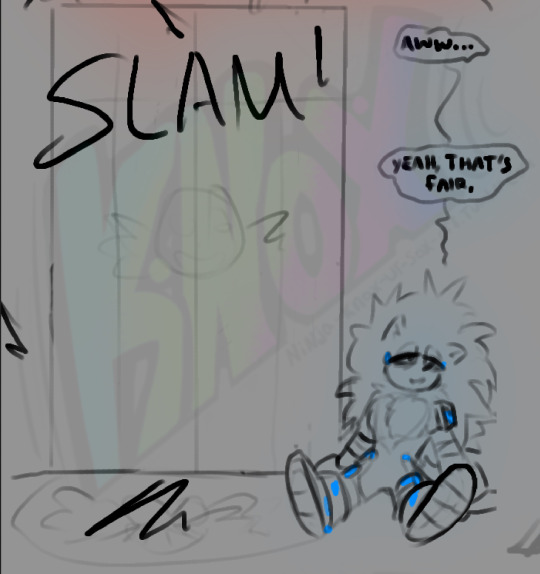
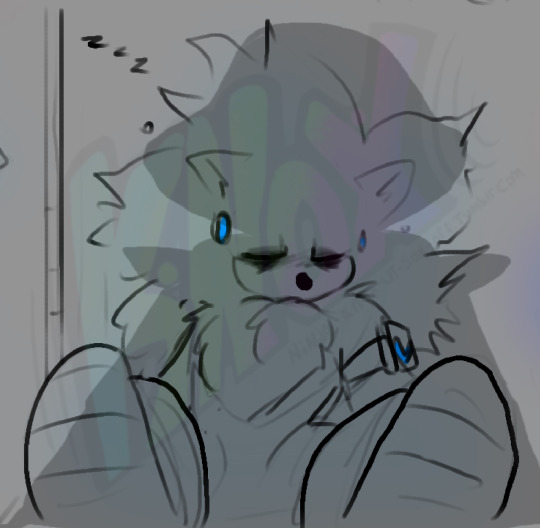
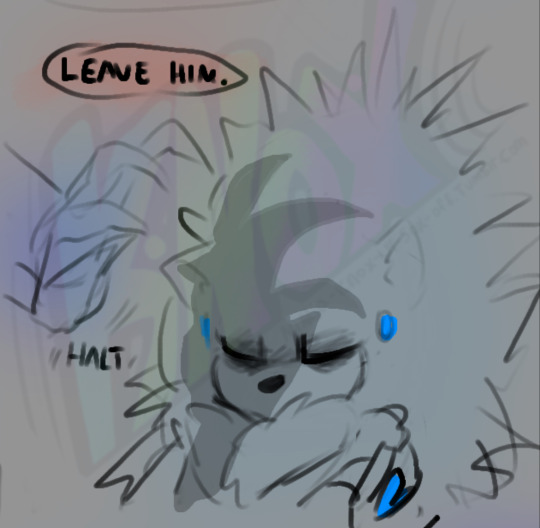
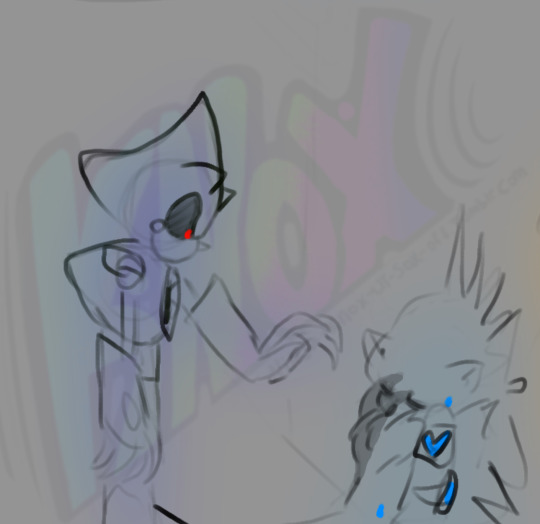
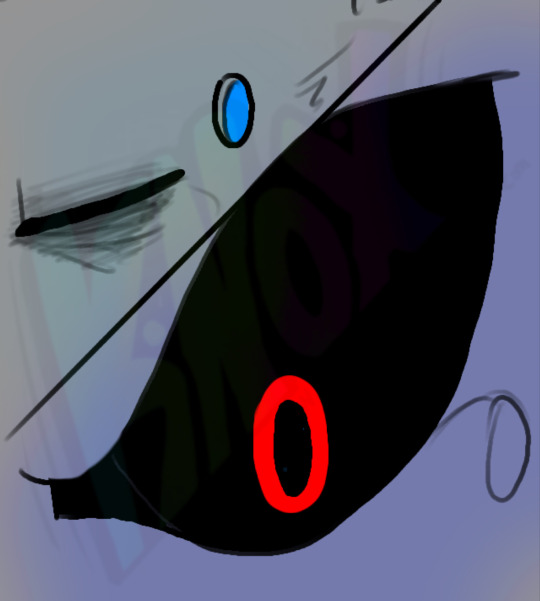
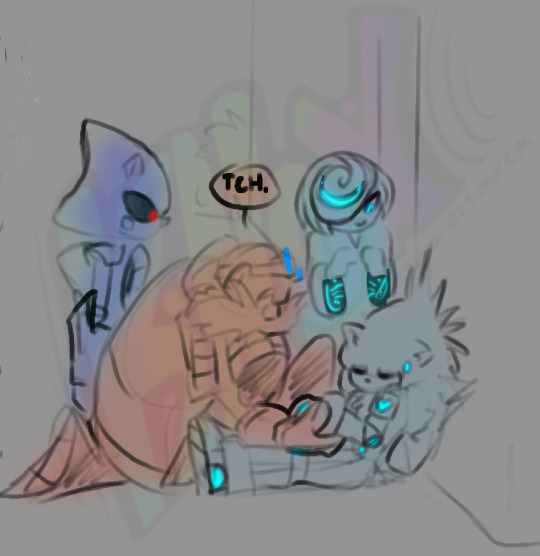
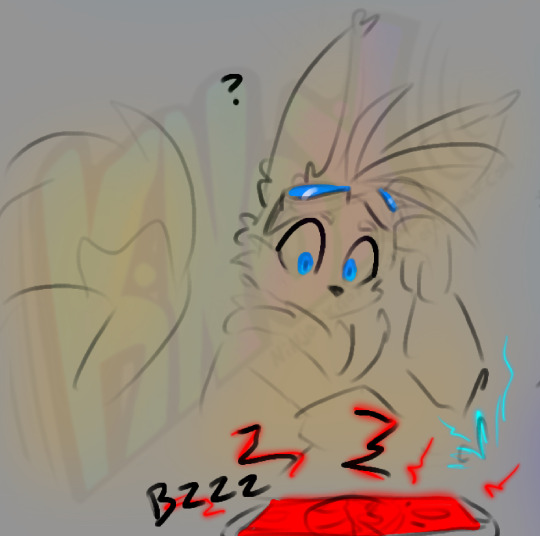
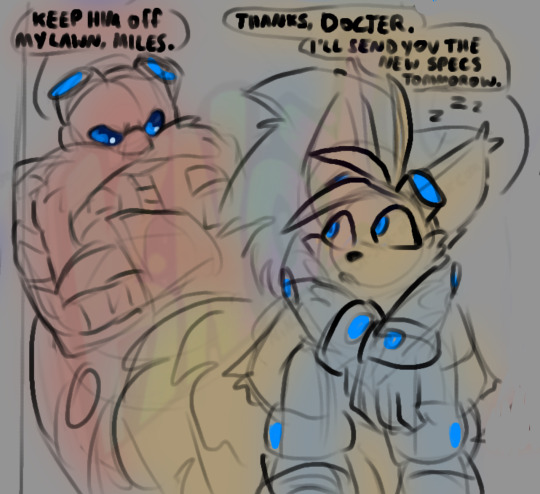
Chronic Sonic pt 14
Tails has Ivo saved on his phone as “tool guy”
#KNOX ART (me)#Chronic Sonic#Dr Eggman | Ivo Robotnik#Metal Sonic#Miles Tails Prower#sage robotnik#I’m still trying to figure out how to draw Dr Eggman here but I LOVE drawing his nose and his moustache and his glasses they are so shaped#i had this drawn before the previous partGHLSKDFJSDF#actually another two parts are all drafted up that’s how long pt 13 took hGLKSJDF#first time drawing metal too!! and sage ig but just for one panel#more metal to come wowza#i really can’t think of anything to say for this one so i’ma just post and run#otherwise I’d be here another week trying to think of ways to explain why sonic pulled up to eggmans base when he’s mentally not doing so h#*hot#he’s physically fine just overdid it and couldn’t move#he’ll be fine dw about it Tails has got him#here ya go peoples asking what the deal is with no eggman and metal pulling up for fights#i know this explains nothinghGLKJSDF#I’ve spent way too long brainstorming what to write here im just gonna settle for these tags and move on enjoy!!
448 notes
·
View notes
Text
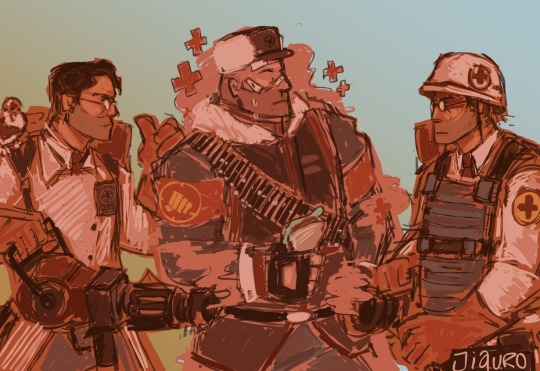
Heavy is no longer my least played class
#it’s pyro now#but yea ik I have drawn or posted in forever here’s a quick thing bleh#maybe I’ll work on some actual stuff soon but who knows#I’m enjoying heavy thanks emil for the tomislav#but yea frequently pubstomping with heavy but I’m 100% sure it’s because half of the matches I play him I get a pocket medic or 2#also heavy has resulted in the highest steam friend request to playtime ratio out of every class so that’s interesting#I wonder if anyone has done some statistics on that anyways real tags now#my art#tf2#the heavy is my loadout btdubs i haven’t made a specific one for him yet but I think it’s kyute#digital art#team fortress 2#tf2 fanart#tf2 heavy#heavy weapons guy#medic tf2#tf2 medic#heavy tf2#heavymedic if you want it to be but this is more of a gameplay moment post so do what you want#red oktoberfest#heavymedic#I’ll draw a real heavymedic or something to make up for it trust#team fortress#team fortress fanart#idk if I got the tags right I haven’t drawn in so long whatever bye jiauroheads#next tf2 drawing I make when it’s like 2039 or something it’s gonna be more war blu Solly red demo making out hotgex trust me#ok goodbye tags so many I missed tagging I love rambling
799 notes
·
View notes
Text
Hey so my last post about stp did pretty damn well
Want some more?








#inky doodles#slay the princess#slay the princess spoilers#stp princess#stp the long quiet#stp witch#stp den#i drew a lot more tlq than what’s here but they’re not polished so I’m not posting them fdshjfklk#bird boy my beloved..#also more free den content you’re welcome#these were all drawn before that last art post but I’ve been saving them for later lol#thankfully later is here#I’m definitely gonna make more stp art so be prepared for that#i swear this game is making me go through an art renaissance lol
889 notes
·
View notes
Text
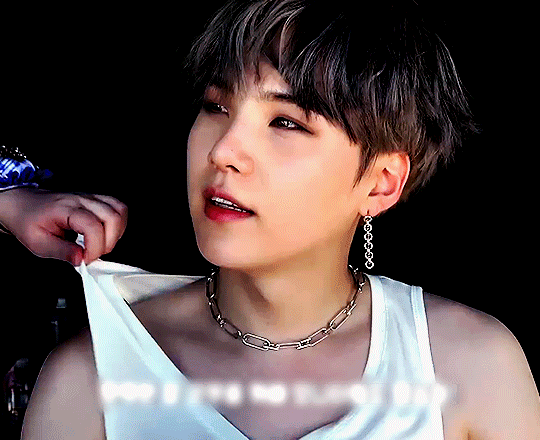

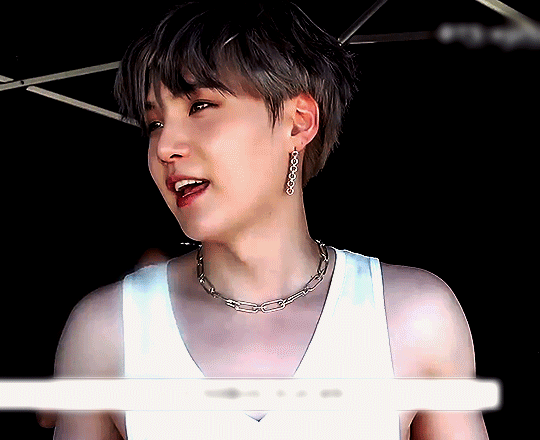
BTS 'ON' Kinetic Manifesto Film Shoot Sketch
#bts#min yoongi#suga#bts suga#bangtan#bangtan sonyeondan#btsgif#btsedit#bts gifs#suga gifs#my gifs#on kinetic manifesto#do y'all know how fucking long i have toiled on this set??????#i have TWELVE different versions of the first gif and this is the ONLY ONE i am even remotely satisfied with#jesus fucking christ#and like I’m STILL not completely satisfied#but I am SO SICK of being stuck here 😭😭😭😭😭😭😭#anyway y'all know i had to#he's so hot wtf#yoongi's sideboobiesssssss
481 notes
·
View notes
Text
Daisuke’s Death and the Invisible Abuse of “Privileged” Children
tw: extensive discussions of child emotional abuse
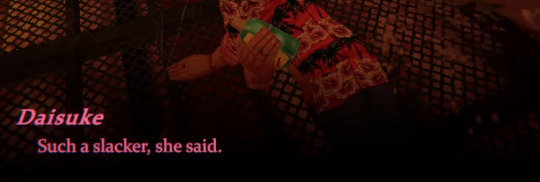
Another mouthwashing text analysis before I post any polished art? Shocker. But I really really appreciate the reception on my Swansea post, especially as a new account! This Daisuke-centric analysis is gonna be a quick one (< this was a lie. long read ahead!) but he is a character who resonates deeply personally with me as a victim of childhood abuse that resembled some of his experiences. I do plan on doing a larger analysis of his character, but the abridged version necessary for this piece goes as follows:
Daisuke’s treatment in the narrative—both his implied home life and Jimmy’s taking advantage of him to go into the vent—is another one of this game’s excellent portrayals of normalized (and thus invisibilized) abuse. Children are often cited as one of the most vulnerable classes of people, if not the most vulnerable (I acknowledge that Daisuke is not a child, but Mouthwashing implies that this narrative of his inadequacy has persisted throughout his upbringing and, to this day, he is dictated tasks and lacks independence, treated like a dependent. His youth is also an undisputed feature of his character and, most importantly, the cast treats him like a kid). Children’s dependency on adults and our willingness as a society to accept that the adults in their lives provide the most objective perspective on these young people renders them particularly prone to abuse easily swept under the rug or “justified” by wardens who possess the power to dictate the narrative. Jimmy’s engagement with Daisuke is an extension of the latter’s vulnerability. The co-pilot’s assertion that “he’ll be fine (…) mommy and daddy have him covered” at the birthday party represents a deference to Daisuke’s parents as adequate caretakers who will ensure his longevity and comfort on the basis of their wealth. And we know that Daisuke’s parents think the same—the Q&As reveal that they believe they are doing the best to secure their son a good future. However, the same Q&As indicate that they don’t actually engage with or understand Daisuke’s interests and that their approach to parenting him is entirely understood through their personal beliefs, not those of their son. And Daisuke clearly carries that quite close to his heart. He seems to struggle with identity and acceptance, seeking validation in the form of praise. Daisuke is defined through what he can do for others and not what he independently brings to the table, because that has never mattered where he grew up. The consequences of his parents’ failure to meet his emotional needs ultimately conditioned Daisuke to be perfectly available to be taken advantage of in a corporate setting defined by capitalist attitudes and hierarchies.
While it’s not concrete to say that Daisuke grew up in an emotionally abusive household, it is most important that we cannot dismiss the possibility and that his behavior as the outcome of some obvious degree of neglect is well-aligned with this theory. Moreover, the young man who comes out of that household is easily targeted by Jimmy’s abusive tendencies as a direct result of what he internalizes growing up. Daisuke is apparently financially well-off (contextually we can’t be sure if Daisuke’s family is upper class, middle class, or somewhere in between), and with that comes privilege. Even the way he packs—multiple personalized outfits, entertainment devices, etc—reveal that he’s used to certain comforts and hasn’t yet acclimated to the harsh expectations of companies like the Pony Express. But, especially where young people are concerned, it is all too easy to allow this privilege to act as a curtain between abuse and the outside world. We can acknowledge the privilege that he undoubtedly enjoys and also recognize that it benefits his parents much more than it benefits him as a young person.
Emotional abuse is complex and extremely damaging and Daisuke *does* show symptoms of at least being constantly verbally accosted and emotionally neglected by his parents to the point of permanently warping his sense of self. It also generated his overreliance on authority figures to tell him how to keep himself safe in their world. His mother apparently insulted him to his face (“such a slacker, she said”, and being reprimanded for being too talkative [from the Daisuke teaser]), and a lot of his negative self talk (“total screw-up”, “fuck up”, etc) is reminiscent of how people define themselves by parroting what they are called after internalizing consistent externally-imposed definitions of their identity. While these are not surefire indicators of abuse and I am not willing to diagnose a situation as abusive purely predicated on these factors, the behaviors Daisuke exhibits as a result share many commonalities with those of victims of childhood abuse. In fact, just about every time Daisuke speaks about himself in Mouthwashing, he mentions his failures and his work. It’s not lost on me that the teaser for the whole character is him pondering his mother and how she might not recognize him if he isn’t noisy and obnoxious. He personally puts a lot of stock in their assessment of him as lazy and annoying, but nevertheless tries to accomplish learning through the internship. Furthermore, Daisuke takes on a lot of his mother’s pain, hoping she doesn’t blame herself for the negative things that happen to him (even though in the same scene he reveals that she’s the reason he’s on the stranded Tulpar at all), indicating that he has taken responsibility for the feelings of people in his life even when those people are not his to care for and even bear responsibility for his pain.
Now in young adulthood, Daisuke rarely seems to have any sense of self beyond his parents and his work aside from one-off quips about baseball and babes. It suggests that he has always had to prioritize his parents’ desires growing up to avoid being treated unfairly and even cruelly, stunting his self-discovery. In abusive situations, your understanding of safety and your pursuit thereof are radically impacted and we see this manifest in Daisuke’s continuing willingness to accept those in command as the pinnacle of safety over what one might consider logical, personal acts of self-preservation. He equates safety with obedience, and I contend that that equivalence suggests a lot about how his parents reprimanded deviance from their plans. And not to be that guy, but it is kind of outright cruel to dump your utterly inexperienced teenager-to-early-20-something on a 1 year, no contact, unsafe space voyage in a failing industry knowing that he doesn’t have the necessary skillset yet. That’s what his parents do when they aren’t satisfied with his progress, and it’s intense and disproportionate and alarming! Especially for the dependent! They toss him into the deep end of the corporate machine and insist he learns to swim in such an oppressive, stifling atmosphere. It’s no surprise that he drowns, especially when he himself can’t recognize this as an unrealistic expectation and tackles it with everything he’s got because his parents are theoretically always right about what he needs. I don’t think it’s a stretch to say that normalized emotional abuse from the home and how it maps onto a victim’s adult life is a topic Mouthwashing would endeavor to touch on, because visibilizing invisible abuses of power in heteropatriarchal capitalist schemes is arguably the central undertaking of the game.
I don’t think Daisuke has evil parents or anything, rather that what we accept as “good parenting” and “good mentorship” is often negligent with regard to emotional needs and can easily become a source of heavy trauma for the children and mentees if that emotional aspect is stretched too thin in the pursuit of success. Not all abuse is intentional, and the dev Q&As imply that Daisuke’s parents thought they were sincerely investing in his future. They cared, just not in the best way for his wellbeing. Because capitalism emphasizes the individualistic pursuit of success above all else, it’s no wonder that a parent would think that the best thing they can give their kid is an avenue to prosper financially. But in doing so, Daisuke’s parents deny him the opportunity to define himself, to experience agency, and to build up confidence. Effectively, they create a young man so vulnerable to abuse by higher-ups (a manifestation of abuse that is often intentional at the systemic level) that he decides to climb into that vent at Jimmy’s discretion under the pretense that he will make somebody proud. Because that’s how Daisuke has been raised to understand himself and his place—the presumed screw-up boy as a default, making you proud by doing the right thing, who has learned to pursue that achievement to avoid the condescension and disproportionate backlash (e.g. the internship itself) that comes with failure. Everything circles back to his parents’ expectations that he makes for a good worker. When the cocktail knocks Swansea out, Daisuke makes an offhand comment about getting a bad reference—even in the most dire of circumstances, he can’t stop thinking about their capitalistic expectations for his “good” future.
I find that Daisuke really is such a good subtle portrayal of how parents with resources can get away with emotionally stunting their children because we perceive their ability to put a roof over their heads, food on their plate, etc as adequate parenting and even a privilege for the child when it should be the bare minimum. Jimmy certainly buys into it, and even some of the fandom parrots that, really and truly believing Daisuke is some good-for-nothing kid who doesn’t try hard when all we see is him working, including climbing into the vents to try and help despite not being assigned the work (foam scene, not his death). I find this reception shows how inclined we are to accept those narratives of the privileged child’s inadequacy before we address the parent for not fulfilling a child’s emotional needs, which are just as important if not more than the material.
To wrap this up with a quick discussion of the symbolism of his death in the context of the emotional abuse of children (which is the reason I made this whole post but I can’t talk about this guy without going off): Daisuke getting so badly injured trying to do what’s right is a very physical manifestation of the suffering he was already going through. It is the pain of constantly people-pleasing and of holding it all in when he’s lashed out at. He gets injured at all in the pursuit of appeasing Jimmy and (theoretically) Swansea, both of whom he blindly trusts despite how they treat him because he has always been expected to just adhere to the adults with authority in his life. Being talked down to by them is not new and has never been a reason to question their judgement. Daisuke sees this as a product of his own inadequacy as implied by other people, and not of external cruelty. He was raised not to question the system for fear of repercussions.
Jimmy is perfectly situated to coerce him into a dangerous situation because Daisuke has never been taught to say no. The safest option for a scared child is to trust their mentors, and an adult Daisuke does just that. Even Swansea’s teachings of safety are dismantled by Jimmy’s tactical use of captainhood to break the camel’s back. Authority. Daisuke must always listen to authority. Jimmy knows the vent isn’t safe. Swansea tells him directly and he observes the foam incident (if from a distance). For as much as he acts like he cares about taking responsibility for Daisuke’s safety, his individualistic pursuit of “fixing” things manifests in Jimmy again taking advantage of a vulnerable person on the ship. Jimmy doesn’t reconcile Daisuke’s eagerness to help with lessons on safety like Swansea does, but rather uses it only when it benefits him. Daisuke is taught by his upbringing to accept this kind of treatment—for safety, defer to the leader in the room even if it hurts and you don’t want to do it (just like he didn’t want to be on the Tulpar in the first place).
Then, once the intern is out of the vent and mortally wounded, Jimmy applies the mouthwash (a product to be sold, hauled in the interest of the corporation) to “help” sanitize the wounds. But the sugar content negates medical utility and only worsens the pain. We can interpret this as the application of material privilege, “sweetness”, that wasn’t actually any help at all to solve the deep wounds left by emotional pains. Mouthwash rids you of the bad taste but doesn’t kill all the underlying germs. One could argue further that in this scene, the mouthwash is specifically representative of the Pony Express internship: a rare stepping stone in the corporate hustle gained through privilege and presented as a boon. Like the mouthwash, the internship is imposed on Daisuke to try and “help” him succeed and be better, but it only elevates the pain by irritating the wounds and ends in his agonizing demise. However, this fine-tuned comparison isn’t necessary to my point. I find the broad implications of the mouthwash as an antiseptic immensely representative of parents and caretakers who don’t seem abusive to the outside world but who are actually subversively hurting their children and ultimately conditioning them to be victimized by capitalist attitudes. Our deference to material comforts and corporate opportunities as indicators of wellness renders us blind to where caretakers fail to address the emotional needs of young people. At the end of the day, Daisuke is still killed by the values his parents have instilled in him. It’s always the “captain’s” (literal or figurative) orders that seal the deal and cut off any of his autonomous doubt or dictation (for example, his desire to listen to Swansea and not go in the vent). His parents’ symbolic and saccharine gestures mean very little in the scheme of creating a person who can survive the pressures of the “real world” when malicious actors (JIMMY.) and the capitalist enterprise as a whole bear down on the cracks of an emotionally taxing youth.

A/N: Maybe I’m thinking about all of this too hard, but the beauty of Mouthwashing is that I’m never quite sure that’s the case as this game feels so deliberate. Anyway, as somebody who has clinically diagnosed PTSD stemming from childhood, this has always been a really important analysis to posit and I finally found the time to put it into words. I feel like Daisuke as a symbol is often overlooked by the fandom. He’s enjoyed, yes, but not really broken down like the others are. That diminishing of his importance and his feelings about the situation also feels like a symptom of his age. But that’s neither here nor there—like I said, I believe I could do a much more in-depth analysis of Daisuke as a victim of subtle abuse but this will have to do for now. A lot of my major points have been made, anyway! Perhaps video format would be best for something longer-form. 🌺
#.txt 🌊#mouthwashing#mouthwashing analysis#daisuke mouthwashing#not tagging Jimmy but he’s mentioned here#mouthwashing game#oh my god this is so long I’m so sorry#I have an actual class essay to write but here’s daisuke mouthwashing I guess
548 notes
·
View notes
Text
Prompt:
It’s not that Jason forgot, per se.
But between smuggling a toddler out of the League of Assassins, trekking halfway across the world, and finding a suitable hiding place that’s also child friendly… well, it kind of slipped his mind that he’s supposed to be… dead.
Something that comes back to bite him in the ass when he takes Dami out for some ice cream and just so happens to run into non other than Brucie-fucking-Wayne
#look I’ve found a new fave trope and it’s Brucie Wayne having to keep up his act while internally LOSING HIS SHIT#Jason isn’t very into the whole revenge thing here#his mind is 85 parts ‘keep Dami safe’ 5 parts ‘kill joker asap’ and 10 parts ‘avoid bats at any cost’#Jason doesn’t know who Damian’s father is#dealer’s choice if Jason establishes himself as Dami’s dad or older brother#his build certainly makes him look old enough#if you don’t look at his baby face lol#Jason runs into Brucie and goes straight into survival mode#Damian who is very observant for a toddler immediately clocks Brucie as THREAT based on Jason’s reaction#Brucie blue screens and desperately tries not to lose Jason in the crowd#jason is absolutely trying to lose Brucie in the crowd#while clutching Damian like his life depends on it#for all he knows it does#the visceral terror that your pseudo dad will take away your little brother/baby#Bruce who just wants to know if he’s hallucinating again: W A I T#jason who is terrified of being put in Arkham for killing people: no FUCKING WAY#hm maybe Jason plays the ‘I’m not Jason’ game again#it’s not gonna hold for long#but Bruce absolutely thinks that Damian is Jason’s bio child for a while and he’s on the WARPATH#Jason was sixteen when he died and never showed any interest in dating so literally every red flag is waving in brucie’s mind simultaneousl#or maybe Jason manages to get away and all Brucie is left with is the memory of his supposedly dead son#running away from him#and clutching a tiny kid#prompts#jason todd#batfamily#Damian wayne#batdad#brucie wayne
2K notes
·
View notes
Text
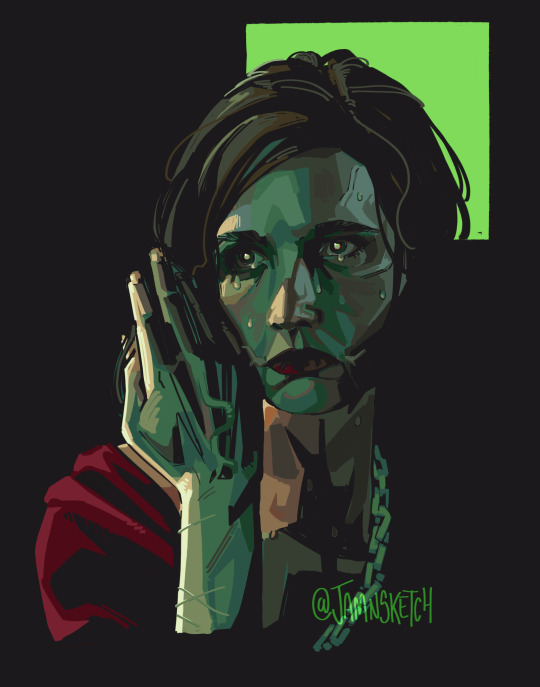
just like the pet you couldn’t keep
#long time no see tumblr girlies !#no but I am so sorry I’m so slack with posting on here#anyways Amanda saw#saw#saw fanart#saw franchise#saw 2004#saw 3#saw 3 fanart#Amanda young#Amanda young fanart#fanart#shawnee smith#drawing#art#sketch#my art#portfolio#illustration#digital art#wlw#wlw artist
2K notes
·
View notes
Text
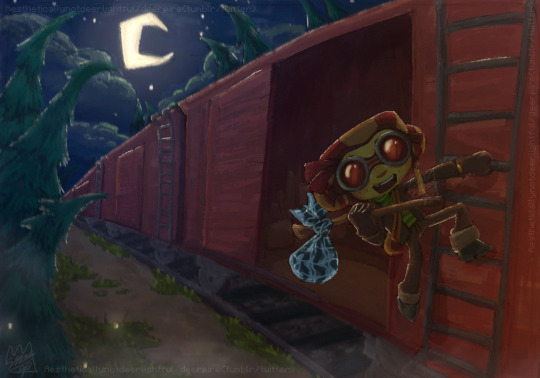
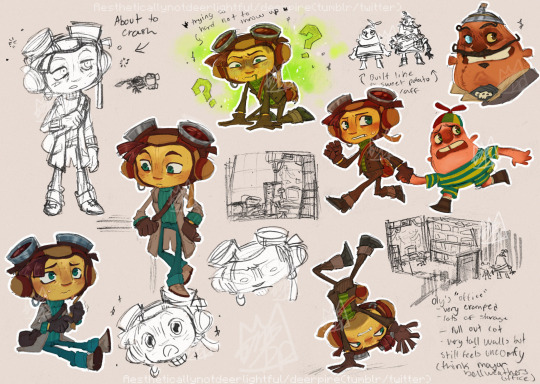
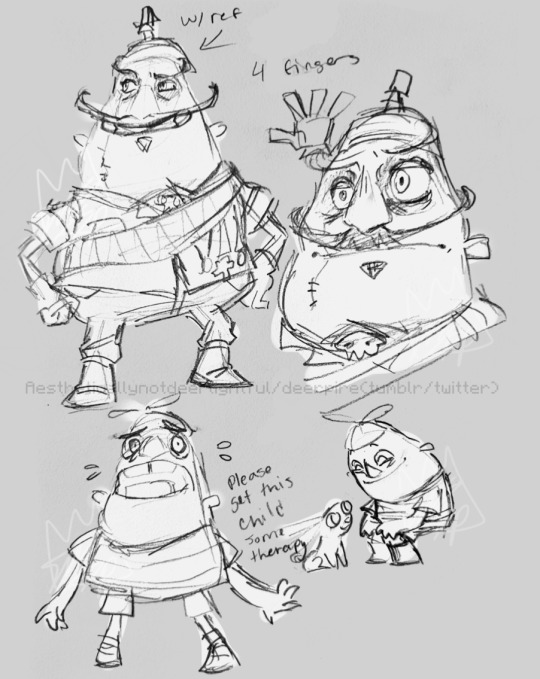
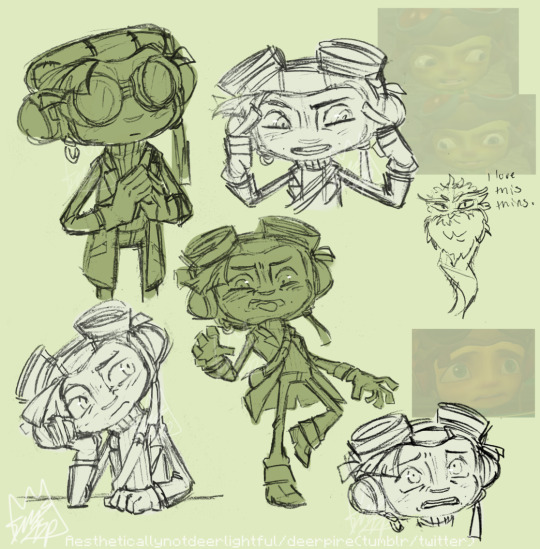

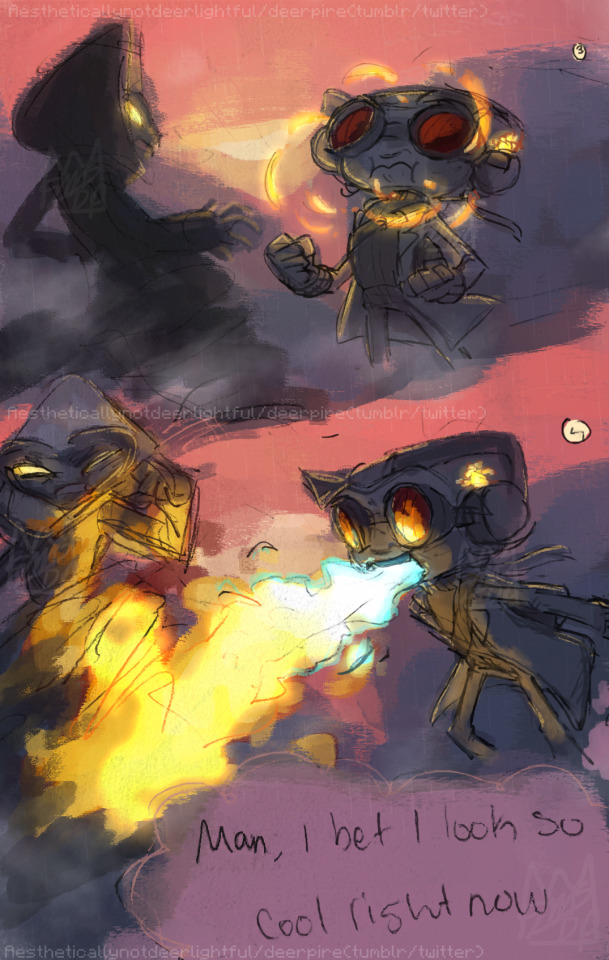
Thoughts and doodles
.
(Please do not use, or repost my works anywhere without explicit permission from me thank you <3)
#deersart#my art#Psychonauts#psychonauts 2#psychonauts raz#razputin aquato#psychonauts razputin#coach oleander#morceau oleander#psychonauts oleander#truman is technically also there but it’s plant Truman so does it even count#maligula is there to but like Truman she’s not relevant enough to count here#i have so many thoughts#like- how long did it actually take Raz to get to camp#we know he went by horse and got dropped of by a truck at some point#but what else#how long was it#the longer it is the more concerned it makes me#mr eats nothing but candy and the occasional roasted animal#i also have thoughts about morry’s tiny little ‘office’ y’all get this man an actual office smh#raz thought plant Truman’s fire breathing was cool. nuff said.#coach is built like a yam /aff#I’m not as content with that train painting as I’d like to be but hey practice makes perfect y’a know#tw vomit#tw emetophobia#i mean not really really but kinda#saw someone tag it so I figured I probably should just incase
969 notes
·
View notes